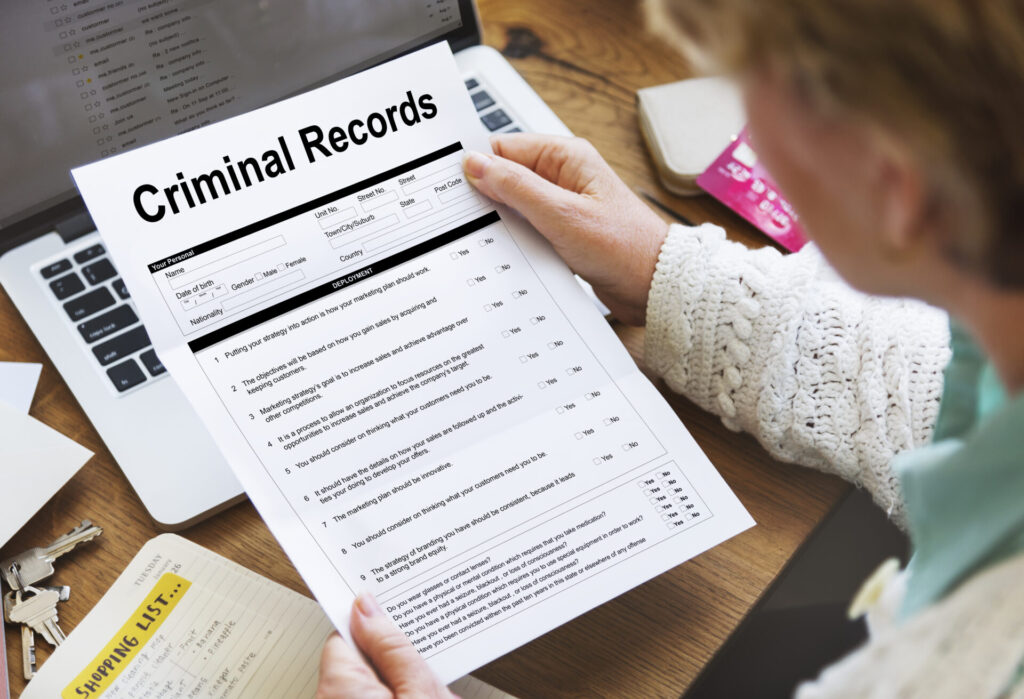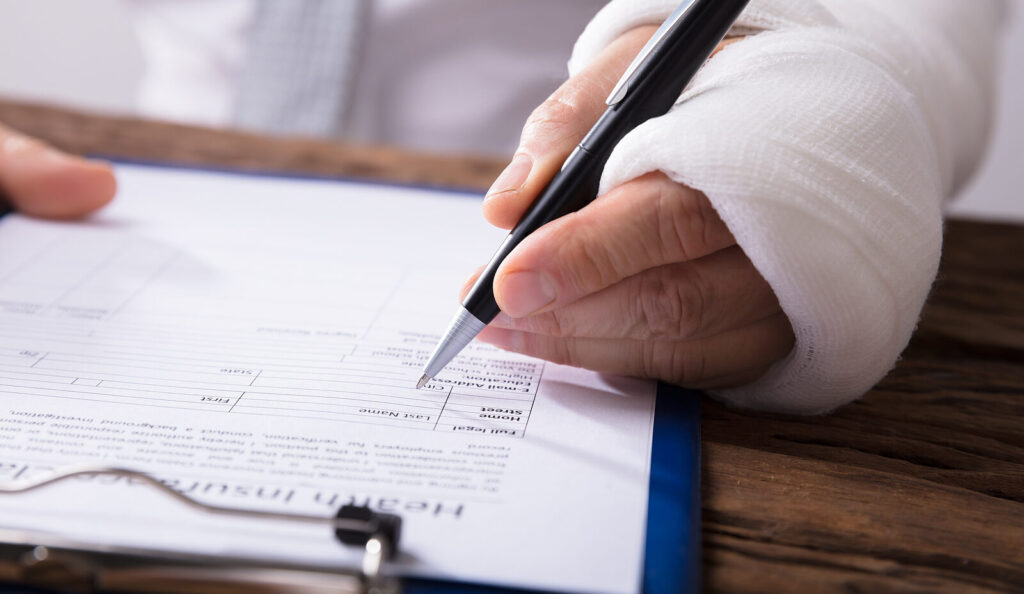Massachusetts firearms laws limit who can legally own a gun or get a permit for a firearm. One of the limitations on gun ownership in the state is whether or not you have certain criminal convictions in your background. But which types of crimes can impact your ability to own a firearm?
The law says anyone convicted of a serious misdemeanor or felony forfeits their firearm rights. Obviously, you’re still good if you’ve got some minor traffic violations on your record, but an assault charge is a different story. Keep reading below to find out where the line might be with regard to your firearm rights in Massachusetts.
What Convictions Keep You From Owning or Carrying a Firearm in the State?
If you have any of the following convictions on your record, you are likely restricted from owning, possessing, or carrying a firearm in the state:
- Any felony
- Any misdemeanor that is serious enough to support the sentencing of two years or more in prison
- Misdemeanor domestic violence crimes that meet certain requirements under the law
- Certain types of violent crimes
- Most firearms laws
- Most controlled substance laws
Who Else Can’t Get a Firearm ID Card or License to Carry a Handgun in Massachusetts?
Previous criminal convictions aren’t the only thing that can keep someone from owning, carrying, or possessing a firearm legally in the state.
Some other factors that can impact a person’s firearms rights include:
- Being currently committed to or having been committed in the past to a treatment facility for mental health reasons or due to alcohol or drug addiction or abuse
- Not having the mental capacity to make day-to-day decisions or manage personal affairs and being placed under the supervision or care of a guardian or conservator due to this
- Being under a protection order or involved in a domestic abuse case that requires temporary or permanent surrender of personal firearms
- Not being a lawful citizen or being a fugitive from justice
- Having a dishonorable discharge from the United States military
- Having an outstanding arrest warrant in any state or from a federal law enforcement entity
- Not being old enough to own a gun
What Types of Crimes Specifically Can Keep You From Owning a Gun?
Many people don’t know what qualifies as a felony or a serious misdemeanor, which can make Massachusetts firearms law disqualifiers a bit confusing. It’s impossible to provide an all-encompassing list here because there are so many potential charges that can be brought against someone in the state. However, to give you a better idea about what types of crimes can impact your firearms rights, here is a non-comprehensive list:
- Murder or manslaughter (or attempted murder)
- Any type of assault charge
- Mayhem
- Robbery, both unarmed or armed
- Rape and other sexual assault charges
- Carjacking
- Extortion or attempt to extort
- Kidnapping
- Abusing patients in a long-term care facility
- Stalking
- Arson
- Burglary, both armed and unarmed
- Breaking and entering with intent
- Larceny
- Shoplifting when the value of the goods is more than $100
- Destruction of property
- Violating a restraining order
- Operating a vehicle under the influence and related charges
The Potential Impact of Losing Your Firearms Rights
The obvious impact of a conviction that forfeits your firearms rights is that you can’t carry or possess a gun. This can limit your ability to have desired protection in your home, but it might also impact your ability to enjoy hobbies such as target practice at a gun range with friends or even hunting.
It can also lead to potential trouble with the law even if you are trying to obey it. What if, for example, a friend leaves a firearm at your house or in your vehicle without you knowing it? Perhaps it’s as innocent as someone else in your house saying a friend can store their rifle for safekeeping for a few days. Even something this small can result in a new criminal charge for illegal possession of a firearm when you have a conviction on your record.
Why Contact a Criminal Defense Attorney Quickly?
The best way to protect your firearms rights and avoid potential issues in the future is to launch a strong defense now. If you are charged with any crime, don’t wait to contact a criminal defense attorney. Having an experienced legal professional in your court from the beginning of your case can help you protect your rights and work to support your future freedom.
Here are just a few things a criminal defense attorney can do for you:
- Conducting an investigation. Your lawyer won’t just take the word of law enforcement officials or the prosecution about the facts of the case. He or she will ask questions, seek evidence, and otherwise investigate on your behalf to find ways of disproving the case or showing that you are innocent.
- Negotiating on your behalf. When the evidence is stacked against you, an experienced attorney may still be able to support a positive outcome by negotiating with prosecutors for a plea deal to reduce charges or sentencing.
- Representing you in court. Court can be a stressful and confusing place. An attorney can guide you through the process and speak for you in front of a jury or judge.
At Contant Law, we know that facing criminal charges is stressful. You’re worried about your freedom now and in the future. We can help you protect your rights and work to protect your future. Call us now to find out how we can help with your case.









